Because school meals are not simply for filling up, but also a journey of physical nourishment, forming healthy nutritional habits and building a safe and humane educational environment for children.
Strict and safe control process
At Hoa Hong Kindergarten (Hanh Thong Ward), 100% of children eat at school. Ms. Nguyen Ngoc Giau - Principal of the school, shared: The school's kitchen is organized on-site, has a well-trained catering team and applies nutrition software to calculate portions for each age group. "The kitchen will rely on software to calculate the appropriate amount of nutrition, then coordinate with food suppliers to ensure enough nutrition for children every day," Ms. Giau said.
The school kitchen operates in a closed, one-way kitchen model, with four main staff: three cooks and one assistant cook, working with the service and feeding staff. Every day, children are given three meals: breakfast, lunch and afternoon snack. The school uses clean, tested tap water for cooking, ensuring hygiene from the beginning.
In particular, cases of children with food allergies are strictly managed. From the beginning of the school year, parents declare allergenic foods; this list is kept in the medical and catering department. When children eat, special meals will be prepared separately, wrapped in plastic and distributed to each class. If an allergic reaction occurs, medical staff will provide first aid and contact parents or take the child to a medical facility promptly.
The school principal said that the food receiving committee, including the Vice Principal in charge of boarding, the main cook and medical staff, is responsible for checking the origin, quality and traceability stamps of all ingredients before processing. If the food does not meet the requirements, the school will make a record and return it to the supplier.
This process helps schools to strictly control the input, ensuring absolute safety for children. Cross-monitoring and continuous inspection are important factors to maintain the quality of meals. Thanks to that, school meals not only ensure nutrition, but also absolute safety, minimizing the risk of food poisoning or allergies.
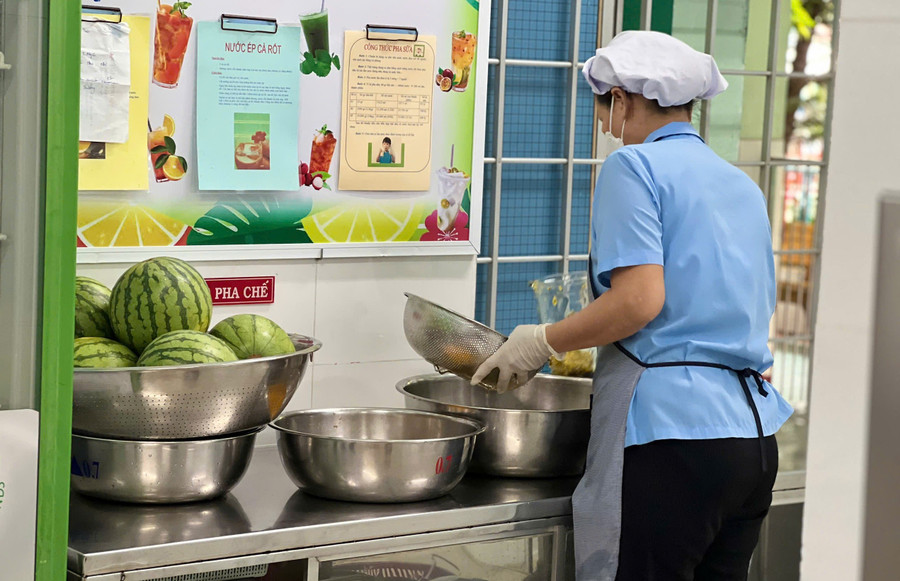
Towards safe and humane meals
School meals not only provide nutrition, but also contribute to the formation of a scientific eating culture, helping children appreciate food and practice self-discipline. At Hoa Hong Kindergarten, combining a diverse menu with meal organization is considered a form of direct nutrition education for students.
Children are taught to recognize food groups, eat properly, share, and wait for friends. In addition, children are also trained in independence skills through family-style meals, where four to five children sit together to eat, serve themselves, and share food.
“The teachers always remind the children to finish their meals, not to leave any leftovers and not to play around during mealtimes. Thanks to this, the children are both healthy and learn discipline,” said a teacher at the school. Through this, lunch is not only a break time, but also a special learning time, helping children form healthy eating habits and understand the value of the cook’s efforts.
In addition, the coordination between schools, parents and management agencies has created a multi-layered monitoring system, contributing to improving nutritional quality and minimizing risks. Publicizing menus, ingredient prices and processing procedures not only helps parents feel secure but also increases the school's responsibility in management.
Mr. Mach Tran Huy, representative of the school's Parents' Association, said: "When the school is transparent about the menu, cooking methods and always has medical staff supervising, parents feel very secure. Sometimes the school also organizes tours of the kitchen for parents, so I am very satisfied."
Regular monitoring and training
In addition to controlling raw materials and processing, schools also focus on training and raising awareness for staff. All catering staff, kitchen staff and service staff are trained in food safety and hygiene, labor protection and equipment sterilization procedures.
Schools regularly coordinate with the Parents' Association to organize direct supervision, visit the kitchen, and even participate in cooking activities with children to evaluate the process and hygiene. The Ho Chi Minh City Department of Food Safety also regularly conducts surprise inspections to ensure food standards, kitchen hygiene, and strict compliance with regulations.
Ms. Nguyen Thuy Uyen, Principal of Nguyen Truc School (Chanh Hung Ward), shared: "The school always creates conditions and regularly organizes or participates in training courses on food safety and nutrition for the nanny team and teachers in charge of boarding schools." According to Ms. Uyen, through training sessions, the school staff improves their professional knowledge, practices skills in handling situations, ensures the quality of meals and proactively prevents risks in the process of caring for and serving students.
Ms. Huynh Le Nhu Trang, Deputy Director of the Department of Education and Training of Ho Chi Minh City, said that in order to improve the professional capacity of the team in charge of boarding work, the unit regularly coordinates with the Department of Food Safety of Ho Chi Minh City to organize training courses, update the latest regulations and guidelines on State management in the field of food safety and school nutrition.
Ensuring food safety in schools is always considered a key task, receiving attention and close direction from leaders at all levels, especially the Board of Directors of the Department of Education and Training of Ho Chi Minh City, along with the support of management staff, teachers and parents. Preventing and minimizing the risk of food poisoning and foodborne diseases not only protects students' health, but also contributes to strengthening society's trust in a safe and healthy educational environment.
“Training courses are regularly held for school leaders, medical staff and boarding staff, helping the school to be more proactive in controlling meal quality and promptly handling arising situations, ensuring absolute safety for students,” Ms. Huynh Le Nhu Trang shared.
Source: https://giaoducthoidai.vn/xay-nen-suc-khoe-cho-hoc-sinh-tu-bua-an-ban-tru-chat-luong-post757324.html










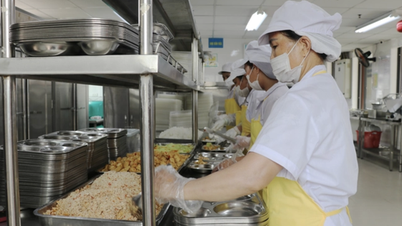



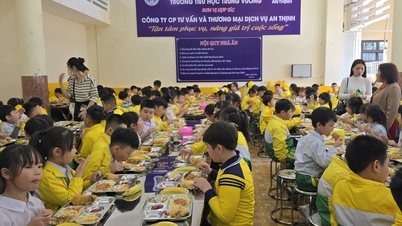

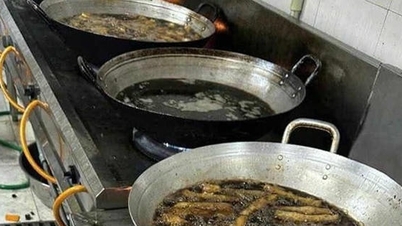

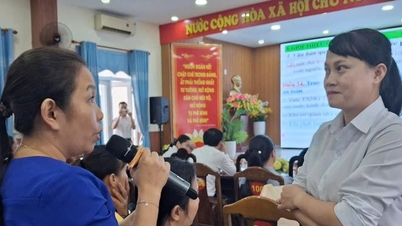

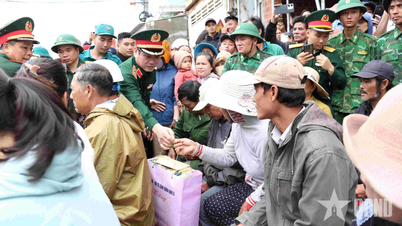


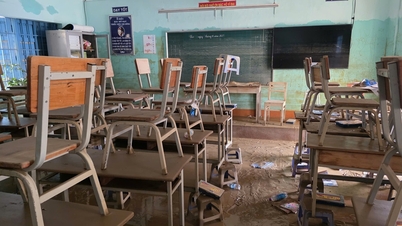
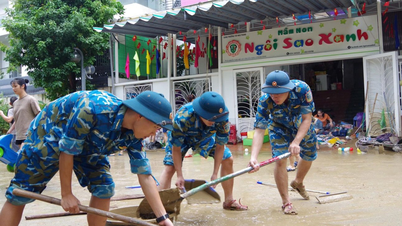








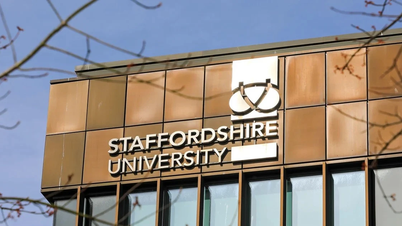


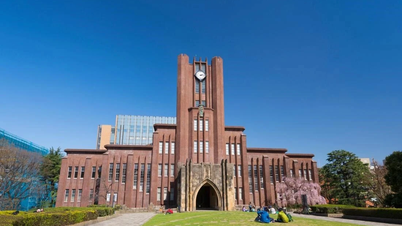
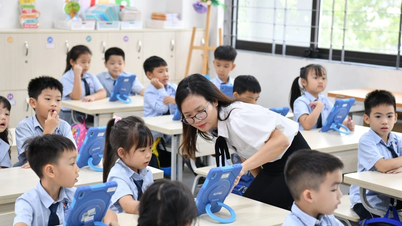


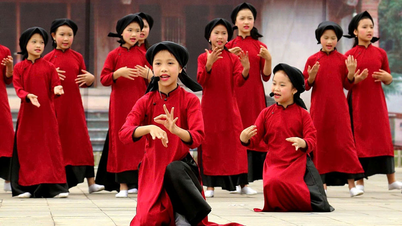



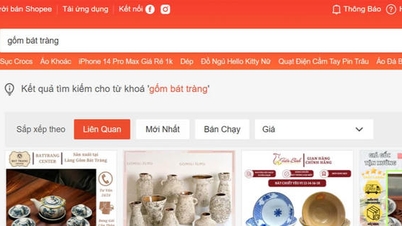


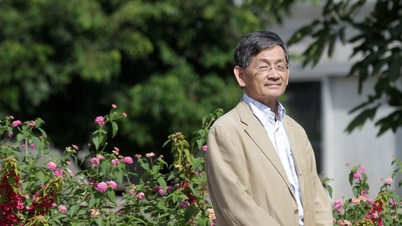

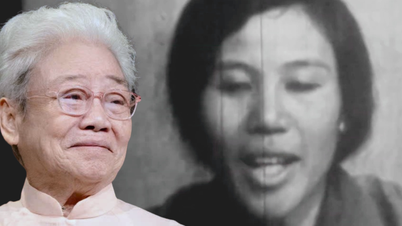

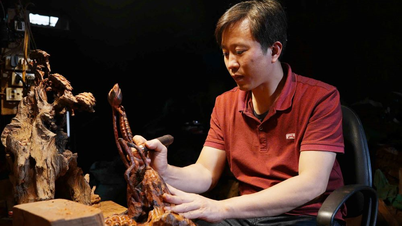
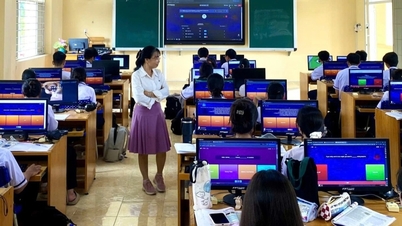
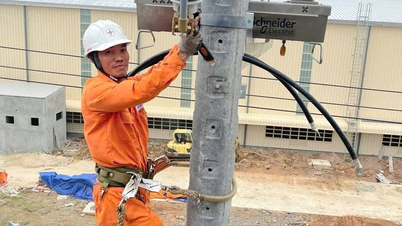

















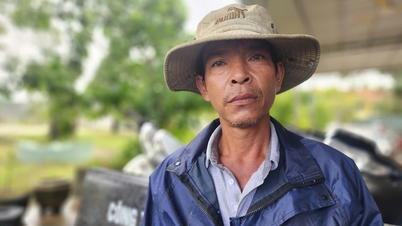

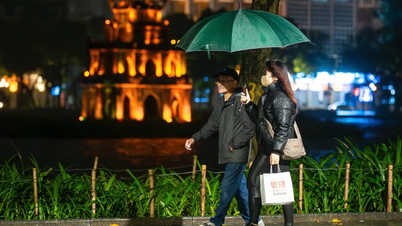











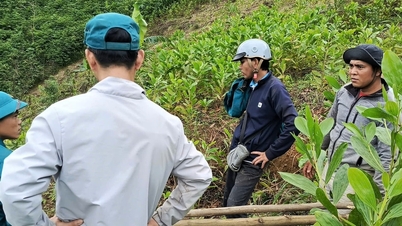

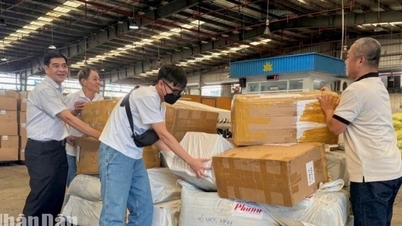

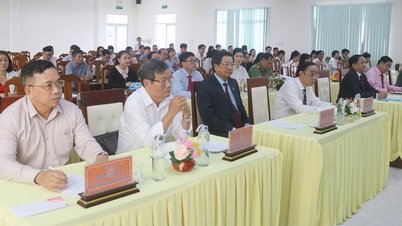
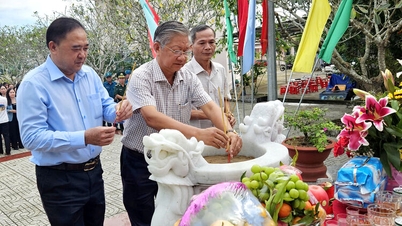















Comment (0)